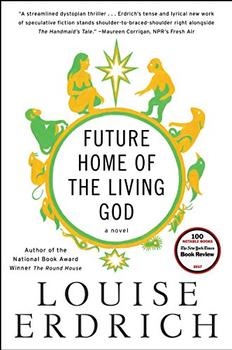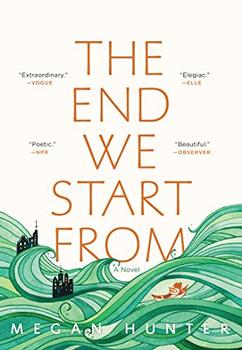Summary | Excerpt | Reviews | Beyond the book | Read-Alikes | Genres & Themes | Author Bio

Debut novelist Bill Broun is a gentle, exquisite literary surgeon. His protagonist, 90-year-old homeless Cuthbert Handley has a manic plan to free all of the animals in the London Zoo. But what about the world around him – and what about his past?
Despite Night of the Animals being written well before Britain's momentous decision to leave the European Union, Broun poignantly causes the reader to wonder if the 2052 England in his novel could actually happen. King Henry IX, formerly known as Prince Harry, rules England darkly after the mysterious deaths of King William and his heirs. Prime ministers have become figureheads, and Parliament does whatever the king commands. Surveillance has become much more rampant, the Beefeaters of Buckingham Palace are now a deadly force, and social media has become enormously invasive, with advertisements, for example, freely flitting across one's corneas.
Also in England – and around the world – are suicide cults, like the return of Heaven's Gate, which have thousands upon thousands of members. They seek not only to kill themselves in pursuit of passage on the Urga-Rampos comet, but animals as well, because they don't want the souls of animals to get preferential treatment. In Los Angeles, Heaven's Gate has done just that; they've killed countless animals before 60,000 to 70,000 members killed themselves. The London Zoo has become the last zoo left on the planet.
Broun does not judge Cuthbert, or his mission, or the shocking state of England and the world. Instead, he quietly peels back layers of Cuthbert's past, revealing madness and hallucinations stemming from a horrifying, viciously abusive childhood at the hands of his father. It was bad enough when it was he and his beloved brother, Drystan, but made worse after Drystan accidentally drowned in a fast-moving tributary while his fractured family and his mystical-minded grandmother visited an ancestral home on his father's side of the family. Between that and his grandmother's insistence that Cuthbert possessed the "Wonderments" – the ability to talk to animals and, most importantly, hear them – his mental state broke down, hastened by his addiction to Flot, which far outshines alcohol in its addictive properties.
Night of the Animals is the kind of world you hope will never happen, but it's one to think about, and one that makes you think of the world we actually do live in now. Can we do better than this? Can we get to a place where we can erase these damning possibilities? Can Prince Harry just stay cool? Moreover, it shows us that there can be some beauty in a dark world, and that is its greatest gift.
![]() This review was originally published in The BookBrowse Review in September 2016, and has been updated for the
April 2017 edition.
Click here to go to this issue.
This review was originally published in The BookBrowse Review in September 2016, and has been updated for the
April 2017 edition.
Click here to go to this issue.

If you liked Night of the Animals, try these:

by Louise Erdrich
Published 2018
A startling portrait of a young woman fighting for her life and her unborn child against oppressive forces that manifest in the wake of a cataclysmic event.

by Megan Hunter
Published 2018
A searing original, a modern-day parable of rebirth and renewal, of maternal bonds, and the instinct to survive and thrive in the absence of all that's familiar.
Your guide toexceptional books
BookBrowse seeks out and recommends the best in contemporary fiction and nonfiction—books that not only engage and entertain but also deepen our understanding of ourselves and the world around us.